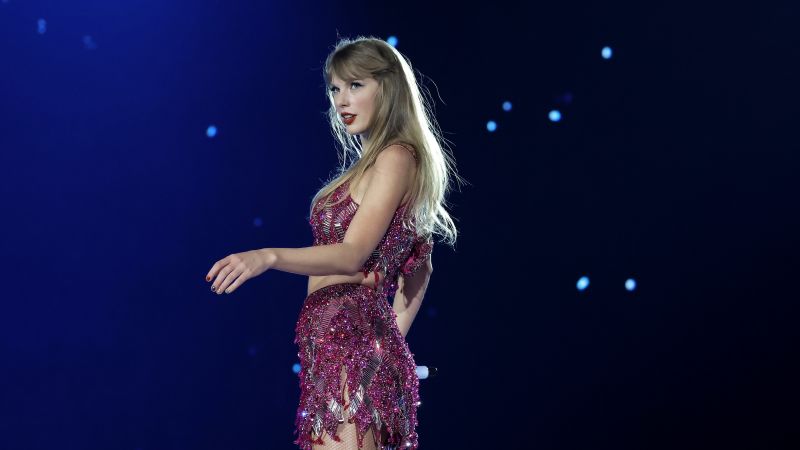Taylor Swift’s music is back on TikTok after a dispute with Universal Music Group over royalties. This comes as she is set to release her new album, “The Tortured Poets Department,” next week. Universal Music Group had previously pulled music from various artists, including Taylor Swift, from TikTok due to a licensing agreement expiration. At the time, Universal Music Group claimed that TikTok proposed paying artists and songwriters a fraction of what other social platforms pay, ultimately trying to build a music-based business without paying fair value for the music. Despite Universal Music Group’s concerns, TikTok only accounts for about 1% of its total revenue.
Universal Music Group also took issue with TikTok allowing AI-generated recordings on the platform, which it believed would dilute the royalty pool for human artists. It’s unclear what terms have been met for Taylor Swift’s return to TikTok. Neither Universal Music Group, TikTok, nor Taylor Swift’s spokesperson have commented on the situation. Music from other Universal artists is still not listed on the platform. Taylor Swift announced her new album while accepting her 13th Grammy award in February. Since then, she has been teasing album covers, song titles, and a countdown to the release on April 19th. This will be her 11th studio album.
The ongoing dispute between Taylor Swift and Universal Music Group highlights the complexities of music royalties in the digital age. TikTok’s role as a platform for music content creation has led to negotiations between artists, music labels, and social media companies over fair compensation. Universal Music Group’s decision to remove music from TikTok was based on their belief that the platform was not offering fair payment to artists and songwriters. This raises questions about the business models of social media platforms and their impact on the music industry.
Despite the disagreements over royalties, Taylor Swift’s return to TikTok indicates a resolution to the issue. The specific terms that led to her music being reinstated on the platform are unknown, but it suggests that agreements were reached between the parties involved. Swift’s presence on TikTok is significant given her influence as a major recording artist, and it reflects the importance of online platforms in reaching a global audience. The absence of other Universal artists’ music on TikTok indicates that negotiations with the platform are ongoing and individual agreements are being made.
As Taylor Swift prepares to release her new album, the return of her music to TikTok provides an opportunity for fans to engage with her content on the platform. Swift has been using social media platforms to build anticipation for her new music, showcasing album covers, song titles, and release dates. The integration of her music back onto TikTok allows fans to create new content using her songs, further increasing her reach and visibility. This demonstrates the power of social media in promoting and distributing music in today’s digital landscape.
Overall, Taylor Swift’s return to TikTok following the royalty dispute with Universal Music Group sheds light on the complex relationship between artists, music labels, and social media platforms. The negotiations over fair compensation highlight the challenges faced by artists in the digital age, as they strive to protect their intellectual property while engaging with online audiences. Swift’s presence on TikTok reflects her influence as a major recording artist and her ability to leverage online platforms to connect with fans. As she prepares to release her new album, the integration of her music back onto TikTok provides a platform for fans to engage with her music and continues to demonstrate the evolving landscape of the music industry in the digital era.















